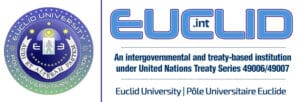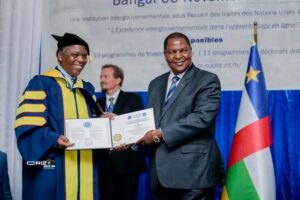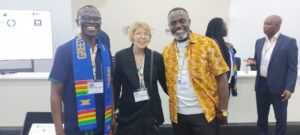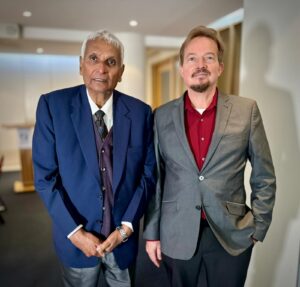To question all things; - never to turn away from any difficulty; to accept no doctrine either from ourselves or from other people without a rigid scrutiny by negative criticism; letting no fallacy, no incoherence, or confusion of thought step by unperceived; above all to insist upon having the meaning of a word clearly understood before using it, and the meaning of a proposition before assenting to it; - these are the lessons we learn from the ancient dialecticians."
John Stuart Mill: Inaugural address as Rector, University of St. Andrews 1 February 1867 Tweet
EUCLID’s aim is to prepare government officials and international civil servants, both active and aspiring, for qualified positions with their national governments, intergovernmental organizations and civil society.
This translates into an academic intent to offer the most advanced, dynamic, and as much as possible enjoyable approach to distance learning at the graduate and post-graduate level.
In this section, we will discuss the supports or courseware being used, as well as the actual methods of learning, interaction and evaluation.
Our approach relies on the following:
- use textbooks considered as international references in their respective areas
these textbooks are supplemented by practical or customized contents - whenever possible, use campus recorded lectures / courses and webcasts / podcasts
- provide a strong foundation in critical thinking in general culture (great books, world religions)
- ensure that essential IT skills (Word Templates, Internet, basic graphics design) are acquired
- document all courses and update all syllabi every year
develop professional paper/article writing skills - prepare students for global engagement and realistic career goals.
Courseware Resources
In order to help our students achieve these goals, our syllabi/course database includes a large selection of curriculum-documented courses delivered by various means: online lectures and podcasts, as well as textbook-based mentor-directed self-studies.
EUCLID has built its own world-class LMS platform inspired by Coursera, after dedicated 6 months of R&D to evaluating commonly-used platforms such as Moodle and BlackBoard which did not meet EUCLID’s standards and methods. EUCLID’s LMS system (hosted at http://www.eucliduniversity.net is called ELEMENTS.
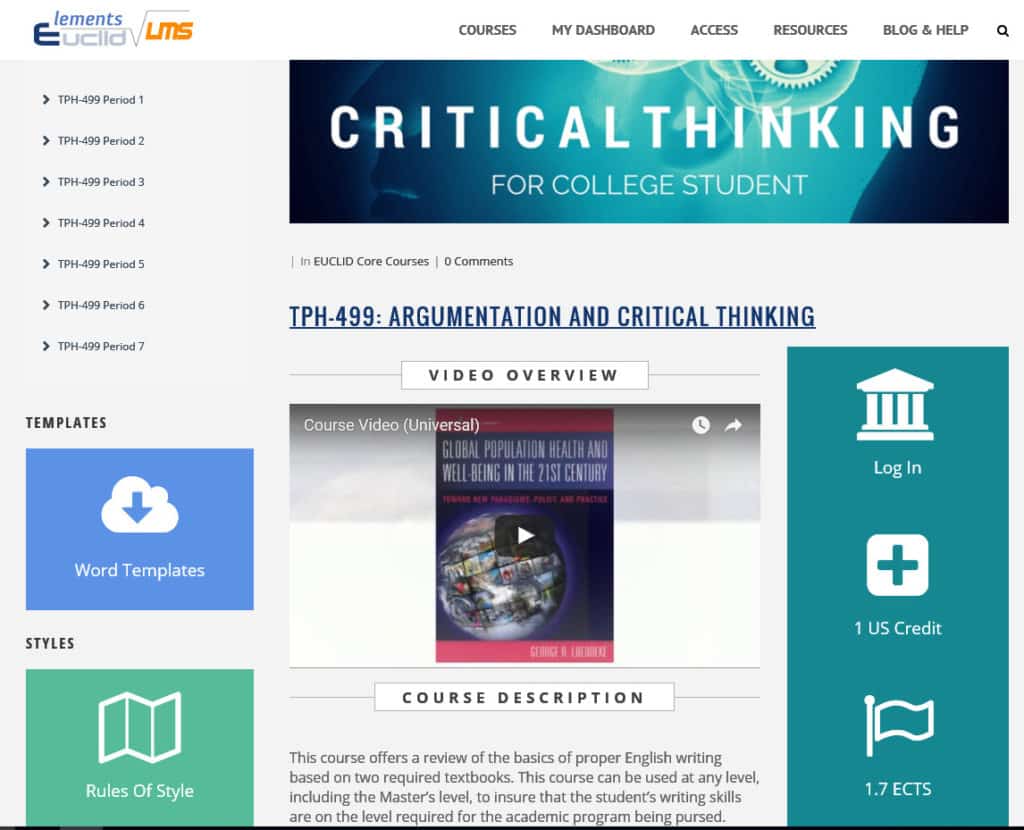
To make this possible, EUCLID builds on the products and services offered by the following resources:
The first core academic objective of any EUCLID program is to ensure that students are exposed to advanced training in international academic paper writing. The opening course (ACA-401) discusses all keys aspects of academic writing skills, including: the use of US vs UK English, noting the punctuation placement differences; the use of Word templates and paragraph styles; the proper use of in-text / parenthetical citations vs footnote citations; use of headings, structure, and logical flow.
The second core academic objective of any EUCLID program is to ensure that students are fully familiar with critical thinking and argumentation concepts, as used in theory and practice. The second core course in sequence (TPH-499) covers fallacies, sound argumentation, and requires the student to write a major paper analyzing a relevant debate and demonstrating his or her ability to identify, label and discuss both fallacies and valid points.
In order to help our students achieve all these goals, our syllabi/course database called ELEMENTS is the repository of our fully documented courses. As a rule, a course is delivered through one or more major textbook supplemented by online lectures, relevant podcasts, as well as sample journal articles.
To make this ambitious multimedia approach possible, EUCLID builds on the products and services offered by the following resources:
Courseware Resources
The Teaching Company / Great Courses (CG) is a key courseware resource for life-long learners, both independent and school-affiliated. EUCLID incorporates a large number of these courses as required courseware. These DVDs allow students to experience top-rated US professors without having to incur the expense of attending a physical top-of-class institution. It should be said that in many campuses around the world, actual teaching is often delivered by unmotivated adjunct faculty whose teaching skills (and enthusiasm) may not be satisfactory. For this reason, relying on several Great Courses provides the students with the assurance of accurate, standard, and engaging lectures.
EUCLID faculty members, with the ongoing support of volunteer students and interns, are always looking for relevant educational or professional webcasts that may be added to the course requirements and in many cases incorporated into the syllabi. The International Monetary Fund webcasts (coupled with the regular World Economic Outlook and Global Financial Stability Reports) as well as the public lectures held at the London School of Economics are integrated in a number of courses.
When developing its course syllabi and overall program curriculum, the EUCLID Academic Team also integrates numerous supplemental and engaging learning resources from a variety of sources, such as PBS/NOVA, for instance in the case of our Master’s Degree in Energy Studies and Master’s Degree in International Public Health.
This post is also available in: French
